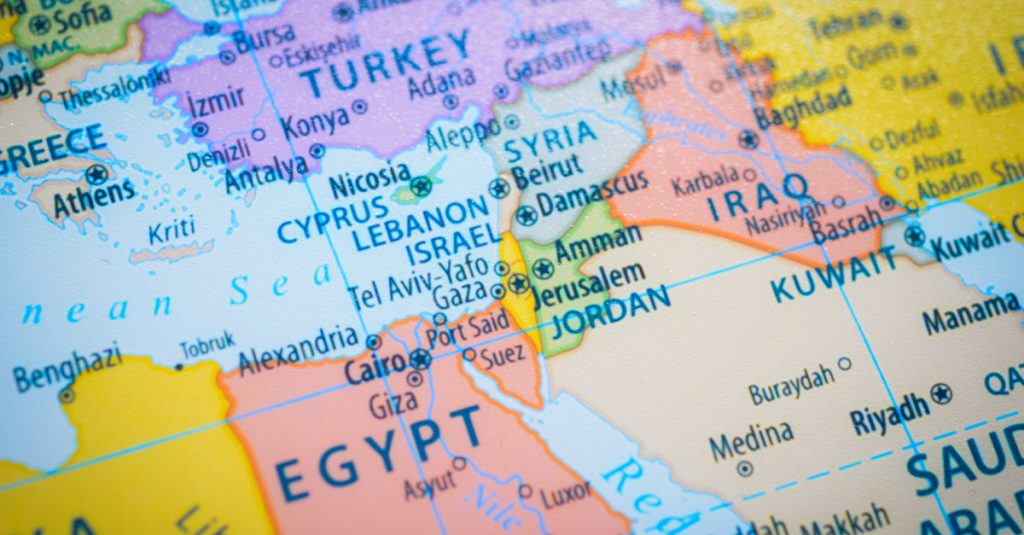The recent Iran conflict has caused consumer concern over travel safety in the Middle East.
- Tour operators and travel agents are managing client worries over safety after Iran’s drone attack on Israel.
- Misreporting of Foreign Office travel advice has been blamed for fuelling unnecessary panic.
- Sales have remained largely unaffected, although some queries about safety persist.
- Authorities and travel companies are closely monitoring the situation, offering flexibility in bookings.
The situation in the Middle East has led to a rise in concerns among travellers, following an Iran-led drone attack on Israel. Despite the tensions, the Foreign, Commonwealth and Development Office (FCDO) has not changed its travel recommendations for the affected regions. Operators and agents have, however, noticed a slight increase in client enquiries concerning the safety of their planned trips to areas like Egypt and Turkey.
Some industry representatives have criticised the media for misreporting the FCDO’s unchanged travel advice, which they believe has unnecessarily worried travellers. Peter Kearns, executive director of Egypt specialist operator Red Sea Holidays, stated that such misleading information was not helpful, as it confused people and affected the perceived safety of travel destinations.
While the anxiety among consumers is evident, travel sales appear to be operating as usual. Richard Lowrey-Heywood, brand manager at Seaside Travel, highlighted that customers questioned the safety of travelling to Turkey but were reassured that nothing had changed in terms of official advice. Similarly, Sandra Corkin of Oasis Travel has fielded queries from clients concerned about flights passing through the Middle East.
Further concerns have been voiced by some in the travel industry on the potential long-term impact if the situation escalates. Ashley Quint of TravelTime World expressed that any further escalation in tension could lead to a decline in sales, not just to directly affected areas but to surrounding regions as well. Likewise, Bridget Keevil, who owns Travel Stop, noted that past conflicts have shown that the effects of such tensions can ripple out, affecting consumer confidence broadly.
Various companies such as Jet2 and Tui report business as usual, but EasyJet has suspended flights to Tel Aviv until late October, citing the evolving conditions in Israel as the reason. Julia Lo Bue-Said of Advantage Travel Partnership described the ongoing developments as a situation with the potential to rapidly escalate, requiring close monitoring. Despite these concerns, Barrhead Travel’s president Jacqueline Dobson has pointed out that it’s too early to determine a long-term impact.
The unfolding events have also affected bookings for operators specialising in Middle Eastern travel. Intrepid Travel has observed a decline in sales for Egypt and Jordan, as customers become wary of travelling to such regions amidst conflict. However, Hazel McGuire, UK general manager, noted their company’s flexibility in booking conditions for customers preferring to cancel their trips. She asserts the importance of continuing support for Egypt and Jordan, countries heavily reliant on tourism for economic stability.
Harry Hajipapas, managing director of Cyplon Holidays, highlighted that new enquiries for Cyprus, Egypt, and Morocco had halted as a consequence of the conflict. He attributes this to alarming media representations, which have exacerbated consumer reservations about making travel plans.
The travel industry remains vigilant, with operators balancing consumer concerns against maintaining normal business operations.

